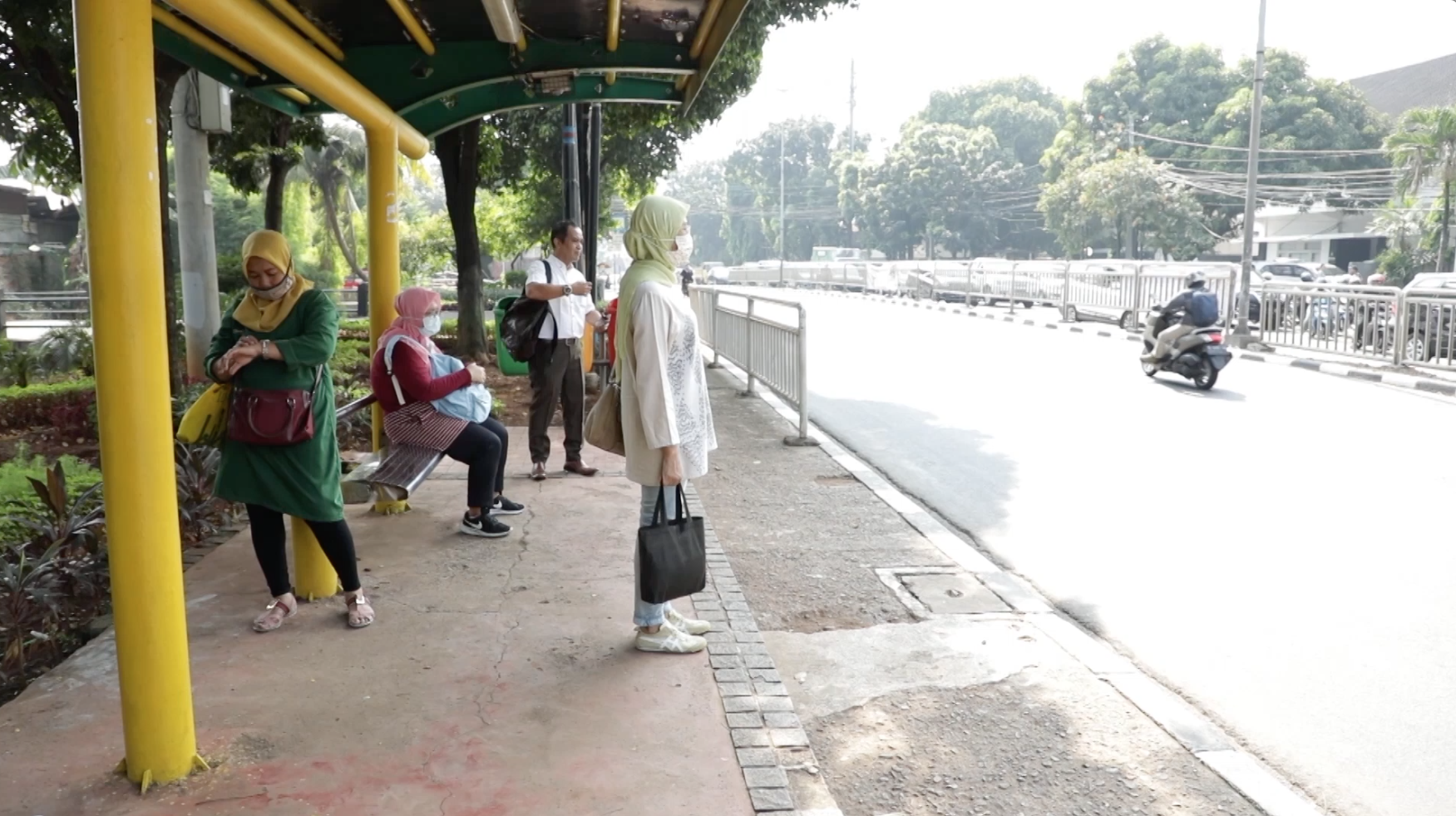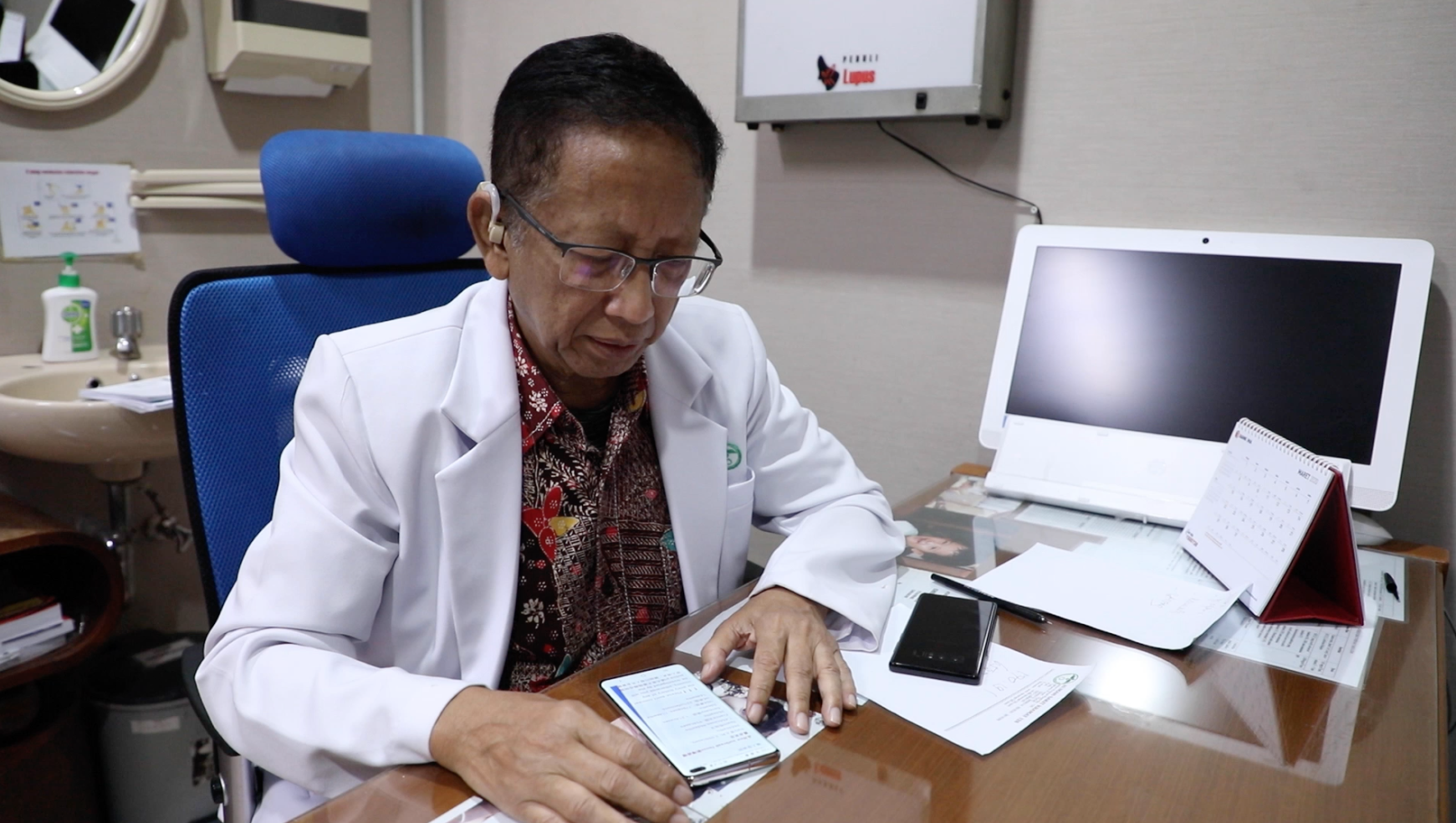
The sounds of cars honking were nowhere to be heard. In a city like Jakarta, with more than 10 million people, that's highly unusual. But it has become the norm as the city administration encouraged people to stay home to contain the COVID-19 outbreak locally.
Tourist attractions, public parks and restaurants have become extremely quiet. Government schools have decided to shut down for two weeks. Jakarta's governor, Anies Baswedan, believes this could be one of the key solutions in slowing the spread of the virus. He said children may not show severe symptoms but they may be carriers of the virus.
Bayu Krishnamurti has experienced this before. The loose quarantine measures seem familiar. He led the National Committee for Avian Flu Control and Pandemic Preparedness between 2006 and 2010 in Indonesia.
As experts continue to voice their worries over the government's handling of this virus, Bayu keeps an optimistic outlook.
"Indonesia survived bird flu. They also survived H1N1, MERS, SARS and other endemics and even pandemics so I think Indonesia will survive this too, I'm sure of it. But in the sense of ready, for example, in comparing the number of cases to available beds and isolation in the hospital we are still struggling, we need to speed up preparation but the government already understands that," said Bayu.
Speeding up seems to be the concern of many. Indonesia has allocated a total of 132 military personnel, police and state-owned hospitals to treat coronavirus patients.
Local COVID-19 cases in the country continues to rise steadily with 172 people testing positive and five deaths, as of March 17.
Now more than ever, the government is trying to convince its citizens to stay put. Restricting movement proves to be difficult for those who mostly rely on public transportation to get to work.
Bayu said social distancing may be the most realistic approach for Indonesia at the moment and imposing a nationwide lockdown would pose huge challenges to Indonesia, a country of 270 million people.
"It's not going to be easy, it's going to be very difficult. Not because of 270 million people but also because of the islands in Indonesia, it's spread across the oceans. In one hand that gives a natural isolation but on the other hand it makes it difficult to monitor the movement of people, goods and everything around the area," said Bayu.
But it's more crucial than ever to educate people on the importance of self-quarantine.

Zubairi Djoerban is leading the COVID-19 task force consisting of experts from across the country. /CGTN
Zubairi Djoerban is leading the COVID-19 task force consisting of experts from across the country. /CGTN
Zubairi Djoerban agreed. He's leading a newly created task force by the Indonesian Doctors Association that has become essential in Indonesia's fight against COVID-19.
"We created this task force to bring together experts and doctors from across the country. There are lung experts, internists, microbiologists and pathologists. Our aim is to educate the people, educate doctors that could be exposed to this virus and to give regular advice to the government on how to deal with this outbreak."
Zubairi is also confident that the government can get through this epidemic should the number of cases go up.
"We are going to see more people testing positive in the weeks to come. I believe we are prepared for this. We experienced the HIV outbreak as well, that is even more challenging than COVID-19, in my opinion. The monitoring period for HIV patients can last anywhere between two to seven years," said Zubairi.
So far, there isn't any strict government rule that requires people to stay at home but netizens are taking the matter into their own hands. The online hashtag "#DiRumahAja," which loosely translate to "Just Stay at Home," has been trending on Indonesia's social media networks for days. More and more people are encouraging others to be aware of the consequences of a serious outbreak in the country.
(Top image: The Indonesian government is encouraging its citizens to practice social distancing. /CGTN)